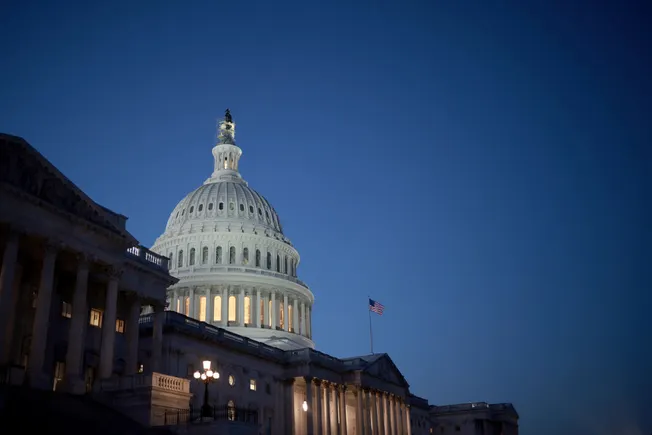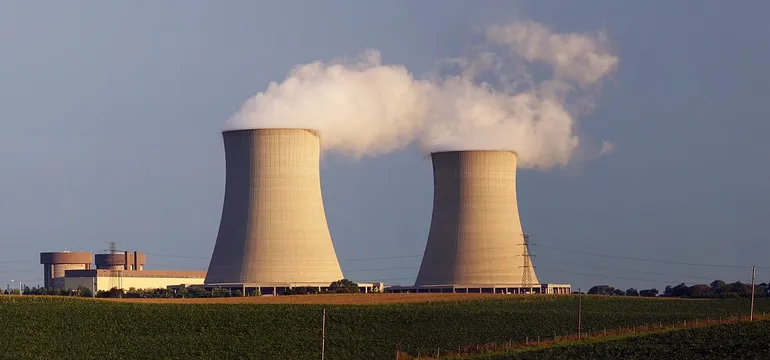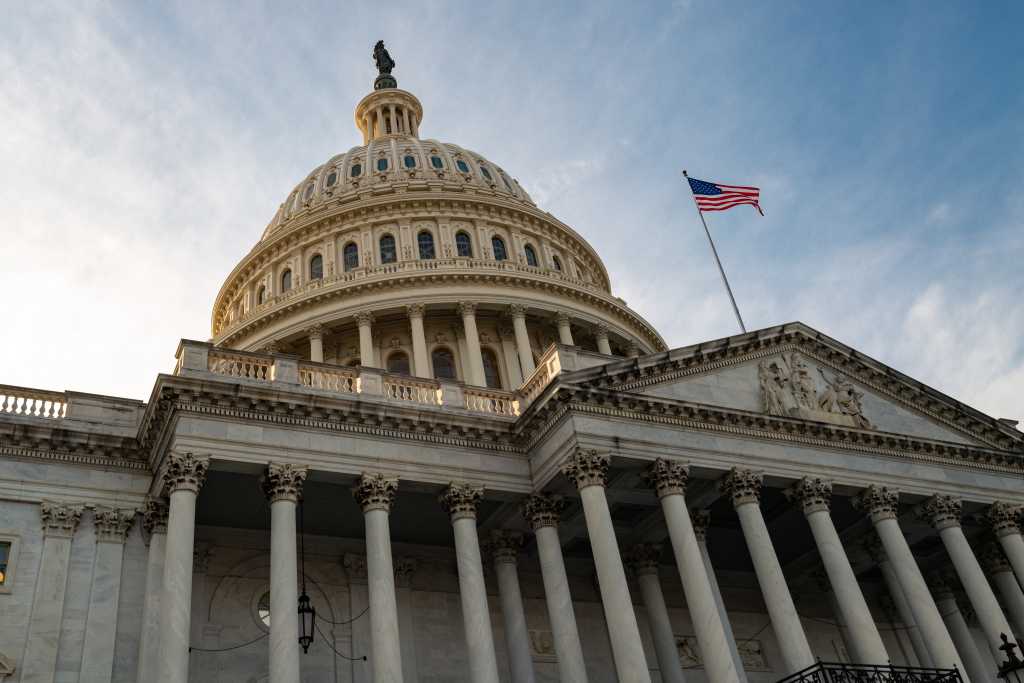
Dive Brief:
- The Inflation Reduction Act – which passed in 2022 without any Republican support and is anticipated to cost taxpayers between $780 billion and $2 trillion over its first ten years – is likely to be targeted for cuts as the Republican-controlled Congress aims to cut spending by $2 trillion in order to cut taxes by $4.5 trillion.
- However, certain provisions of the IRA have won support with Republican lawmakers, setting up likely disagreements over cuts in the budget reconciliation process. That process is already expected to be “very contentious,” said Harry Godfrey, who leads Advanced Energy United’s federal investment and manufacturing working group.
- “[House Ways and Means Committee Chairman Jason Smith] and the Ways and Means Republicans will need revenue and will be seeking it, and have been saying all along that the IRA is an area they’re going to look at,” said Ryan Abraham, a principal with Ernst & Young’s Washington Council advisory practice. “But obviously there are some concerns among some members.”
Dive Insight:
Abraham noted the May 1 letter sent by 26 House Republicans to Chairman Smith, advocating for the preservation of the IRA’s 45U, 45Y, and 48E tax credits.
The letter advocates on behalf of nuclear power specifically, “[urging Smith] to maintain federal investment in the existing nuclear energy fleet while accelerating deployment of the next generation of nuclear power technologies.”
The 45U credit is the IRA’s zero-emission nuclear power production credit, while 48E and 45Y are technology-neutral credits, which were targeted in legislation introduced in April by Rep. Julie Fedorchak, R-N.D.
“There’s a lot of concern that some of the bonus items that have been created in the IRA, like direct pay and transferability, which were also in that Fedorchak bill, could also get targeted,” Abraham said. However, he said, “Chairman Smith is aware that if he goes too far, potentially, that those [26] members are going to vote against the bill.”
Electric vehicle-associated IRA credits remain an anticipated target, Abraham said, but “we’re not going to know until we see the bill.”
Abraham said Smith is likely “thinking about other policies that those members might also either want to protect or get in the bill, as another way to potentially appease those members,” such as offering a “better or more generous fix” on the individual state and local tax deduction, or SALT, cap.
“So I don’t think we can look at just the IRA completely on its own,” he said. “But those members have mentioned that the IRA is very important to them, the jobs, economic investment, unleashing American energy, all of that.”
In March, 21 Republicans sent Smith a letter asking that changes to the IRA be made in a “targeted and pragmatic fashion,” and this followed an August letter from 18 Republican lawmakers to Speaker Mike Johnson, R-La., making a similar request.
Abraham said that the increasing public support from Republicans for certain IRA provisions is “absolutely” setting the party up for a fight as its budget bill advances.
Trump’s role
Godfrey said that President Trump’s budget proposal, which called for steep cuts to the Department of Energy and Infrastructure Investment and Jobs Act, was “more ideological and less strategic than we’d hope,” adding that he hopes the “budget process plays out in the way it often does – the President proposes and Congress disposes.”
The president’s budget came in later than it normally would, Godfrey noted, and he anticipates that budget negotiations will “go longer than previously forecast.”
Godfrey said Trump’s broad proposed cuts to IIJA were disappointing, as it “was a bipartisan package aimed at building up American infrastructure” with several spending priorities like energy transportation which Democrats and Republicans have “historically had broad agreement upon.”
“If we’re being really strategic, both from a political perspective – hey, a bunch of the stuff has bipartisan support, like, do we really want to get into a fight with congressional appropriators over stuff that has bipartisan support?” he said. “But also, if we’re building for American energy dominance and for manufacturing leadership, do we really want to cut that?”
Godfrey noted that Trump’s proposed cuts may conflict with the priorities of Republicans in Congress, and that he is “cautiously optimistic” that the budget will change shape as Congress negotiates.
“We’ve seen Democrats and Republicans be willing to stand up, including Republicans in deep red states, and engage with the Trump administration and say, ‘hey, please don’t cut this,’” he said. “And we’ve seen the Trump administration acknowledge that in some cases and act upon that.”
Godfrey said he thinks the credits included in the IRA are “really key” to building the U.S. energy dominance that Trump has made a priority, “and pulling them back would only serve to undermine that mission, as well as undercutting economic development, particularly in Republican districts.”
“The jobs, the billions in investments – that’s happening in red districts,” he said, adding that he thinks the letters from Republican lawmakers to members of leadership advocating for aspects of the IRA are “an acknowledgment, on the part of members, of that economic dynamic.”




















